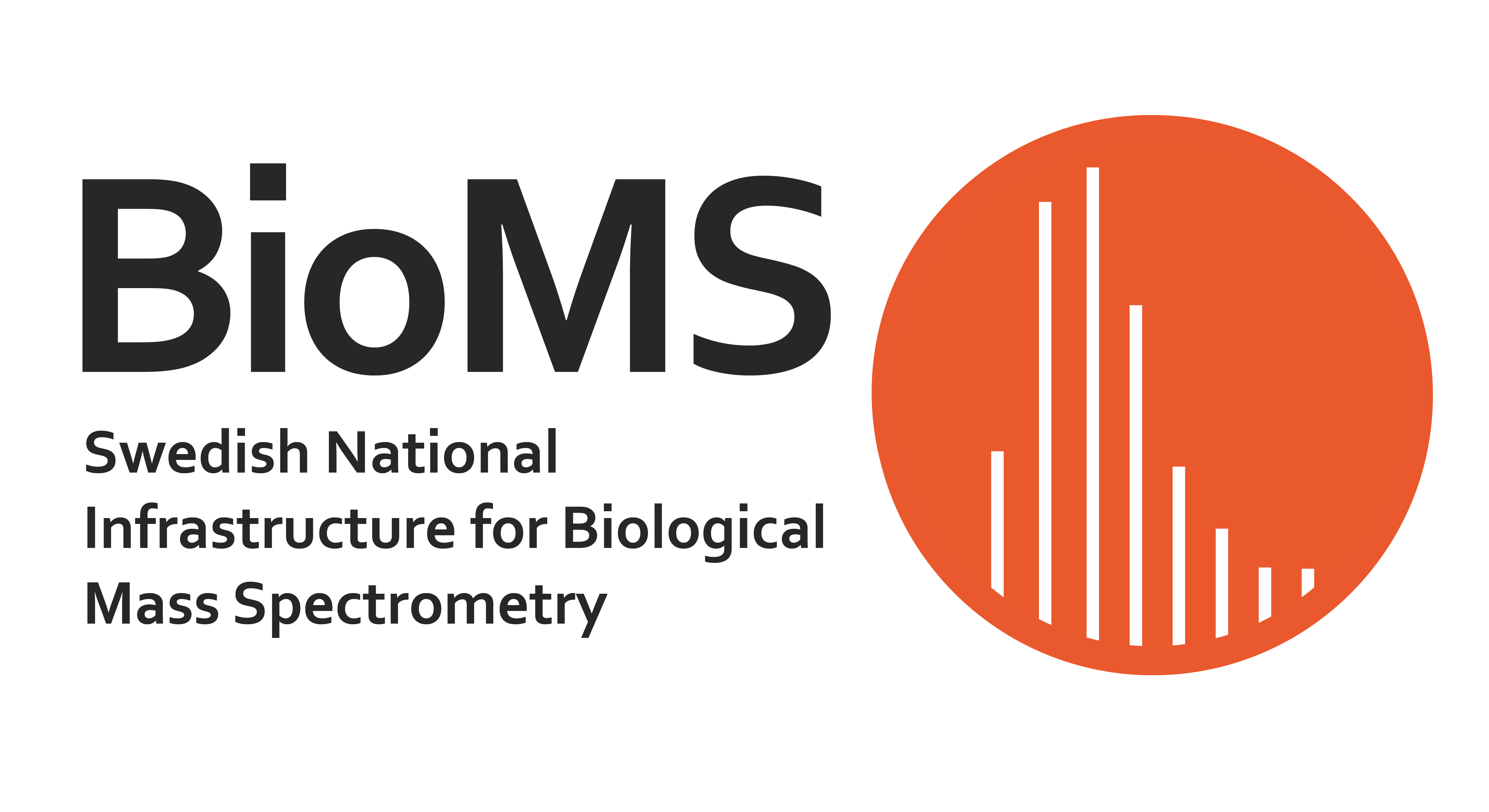Large Scale Quantitative Proteomics
Global quantitative proteomics is a powerful strategy to analyse and understand protein changes in biopsies, cells, body fluid or other biological material. It can provide critical insights in the global protein expression underlying the molecular mechanisms of biological processes and dynamics.
The quantitative mass spectrometry module provides access to state-of-the art MS instrumentation and technical expertise in relative quantitative MS-based techniques. Technological advances in instrumentation have expanded the analytical dynamic range resulting in increased number of quantified proteins (up to 10’000 unique proteins) with high quantification precision.
Quantitative proteomics can be applied in all projects where it is of importance to compare abundances of peptide and their corresponding proteins between samples to improve our understanding of mechanisms and to identify proteins, which cause or are involved in an undesirable affect or disease. Quantitation is performed using both chemical isobaric labelling with Tandem Mass Tags (TMT™, Thermo-Fisher) and label-free relative quantification, where the former enables multiplexed analysis of samples.
To increase analytical depth of proteomes sequential workflows that includes pre-fractionation as high-pH chromatography is offered. Pre-fractionation reduces sample complexity, which is a critical factor in peptide quantitation, as identification and quantification rates are directly proportional to sample complexity. Fractionation not only reduces sample complexity, but also allow larger amounts of starting material facilitating the detection of lower abundant proteins.
Large scale quantitative studies require weeks of sample preparation and weeks to months of instrument time depending on number of samples, sample complexity and quantitative strategy.
Support within quantitative proteomics at BioMS include:
Relative global quantitative studies of organ biopsies, cell samples, body fluid or other biological material
Contact

